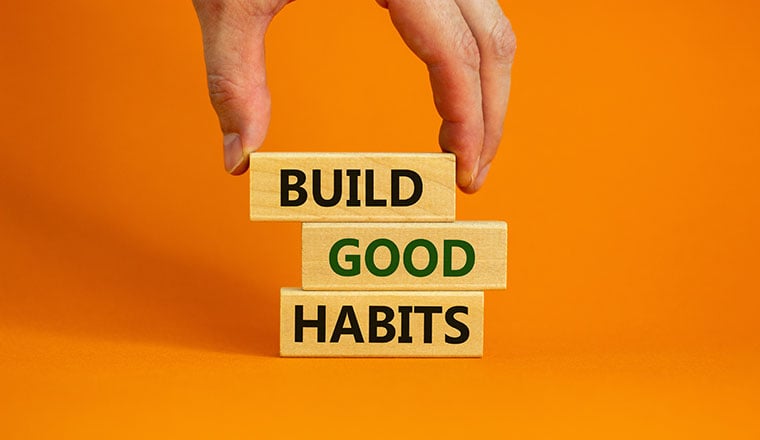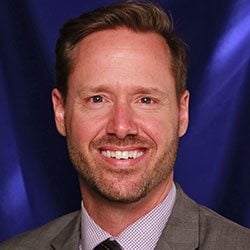
At the onset of each school year, we each pause for a moment and establish our professional goals. We reflect on our growth over the last year and identify new areas we want to improve. We consider our strengths and think about how we can leverage those strengths to get better every day. This process of reflection and goal setting is not uncommon, especially when we cross a time marker inviting us to change. People all over the world engage in establishing New Year’s resolutions each January aspiring to a new and improved version of themselves. While it’s true that setting resolutions is trendy, this year, I want to encourage you to try something a bit different.
The truth is New Year’s resolutions typically do not have a lot of staying power. In fact, most people abandon their resolution before the year really gets underway. Discover Daily Habits reports that most resolutions involve people’s efforts in either saving money or getting physically healthier. They further state that while 41% of Americans make resolutions, only 9% feel they are successful in keeping them. Why is that? I suspect it’s because while our desires to improve are ever present, we don’t spend enough time considering how to integrate the new behaviors into our lives in a way that our already established habits don’t resist.
So, what are some of your current professional habits and routines? Is there a new habit you want to build for this second semester that will improve your outcomes and help you reach the professional goal you set for yourself in the fall? James Clear, author of Atomic Habits said that habits are the “compound interest of self-improvement.” He advocates that if we instead make tiny changes, they will compound over time and generate the larger behavioral outcomes we seek. Here are several suggestions he provides to his readers:
- START SMALL. Most of us try to make big changes and then when we struggle to keep up with the change, we chastise ourselves claiming that all we need is a bit more motivation. Clear claims that willpower is like a muscle and gets stronger over time. He suggests selecting a habit that doesn’t require willpower, just to get started. For example, rather than having a 10-minute professional reflection time at the end of each day, start with two-minutes. It’s easier to get started small.
- INCREASE YOUR HABIT DAILY BY VERY SMALL INCREMENTS DAILY. The big idea here is to try to get better 1% every day. So back to our prior example, if you want to take 10 minutes daily to reflect on how your interactions with your students impacted their learning, start with two minutes and then each week slowly add a little time until 10 minutes feels easy.
- PLAN FOR FAILURE. Everyone experiences obstacles when building new habits. Consider these in advance. What would prevent you from taking your reflection time? How can you solve those challenges upfront so that they don’t derail you along the way?
- KEEP TRACK OF YOUR PROGRESS. Record the days that you engaged in the new habit. If you notice there was a day or two that you missed, try not to get discouraged. Just get back to it the next day. Even the best of us makes mistakes or get off track. It’s not a dealbreaker. The key is to not let more than two days go by without engaging in the new behavior.
- BE PATIENT WITH YOURSELF AND STICK TO THE PACE YOU COMMITTED TO. It’s easy to give into the temptation to increase effort and pace when things start to feel routine. Beware of this pitfall and stick to the pace. This will prevent future burnout and increase the likelihood of your success.
Goals are powerful. They inspire us. They drive us to be better. But they are only as good as our preparation to accomplish them. This year, rather than setting a new goal in January, consider the one you already established in the fall. What are some new habits you can put in place to support you reaching that goal? I suspect by doing a few small things each day, you will bring that goal into reach even quicker than you anticipated.

